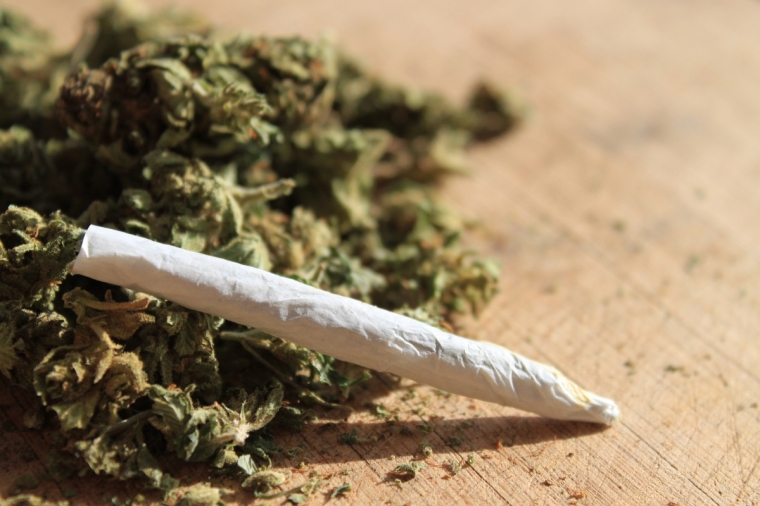Pot drug for cancer pain flops, other health risks make marijuana too risky to legalize

WASHINGTON (Christian Examiner) -- Marijuana legalization has gained popular support in recent years, but research continues to show the drug's long-term safety and its link to risky behavior, poor educational performance and overall negative impact on the brain. Moreover, a marijuana drug meant to ease pain for cancer patients has flopped in clinical trials, showing a weakness in the argument for medicial use. Even the U.S. Surgeon General Vivek Murthy appears wary of endorsing its use for medicinal purposes.
Last week, Murthy in an interview with CBS This Morning tepidly said pot might "be helpful" for certain medical conditions, but he was cautious to add "we have to see what the science tells us about the efficacy of marijuana."
Companies have been touting pot's potential based on rat studies for treating conditions like post-traumatic stress disorder, chronic pain, and most recently, depression specifically caused by chronic stress.
But the first of human clinical trials, among 399 patients, was a flop, with marijuana drug Sativex no better at managing pain than a sugar pill placebo, and 19 percent withdrew from treatment because of adverse events tied to the drug.
Forty percent of cancer patients do not get adequate relief of their pain using today's opiate-based medicines, according to the American Cancer Society.
Moreover, research published in the Journal of Neuroscience last year authored by researchers from various medical institutions including Harvard Medical School, Northwestern University, and Massachusetts General Hospital revealed even low and moderate use of pot negatively alters the brain's anatomy.
The study evaluated scans from magnetic resonance imaging (MRI) of 40 young adults between 18 and 25 years old to evaluate the impact of the drug "even in young recreational users."
"These results extend prior studies showing that drugs of abuse that are known to elevate DA release are associated with structural abnormalities in the brain and related disruptions in behavior (Makris et al., 2004; Makris et al., 2008)," the authors wrote.
A study by Australia's National Drug and Alcohol Research Center, also released last year, which evaluated a significantly larger sample of 3,765 individuals and followed their development from adolescents through age of 30, found daily marijuana use impacted the users ability to finish high school or get a college degree.
These researchers concluded "daily users of cannabis during adolescence are seven times more likely to attempt suicide, have an 18 times greater chance of cannabis dependence, and are eight times as likely to use other illicit drugs in later life."
Despite its status as a "schedule 1" drug that has "no currently accepted medical use and a high potential for abuse," marijuana has been legalized for medicinal purposes in 23 states and Washington.
RELATED ARTICLES:
Pot poisonings spike in two states; Colo. governor says legalizing 'a bad idea'
US World Health Organization expert: Pot is dangerous to your health